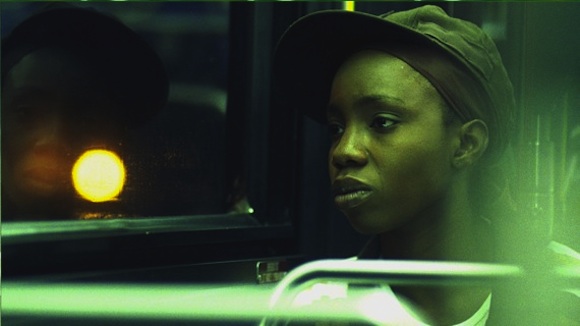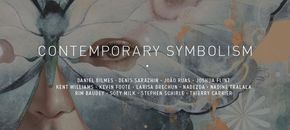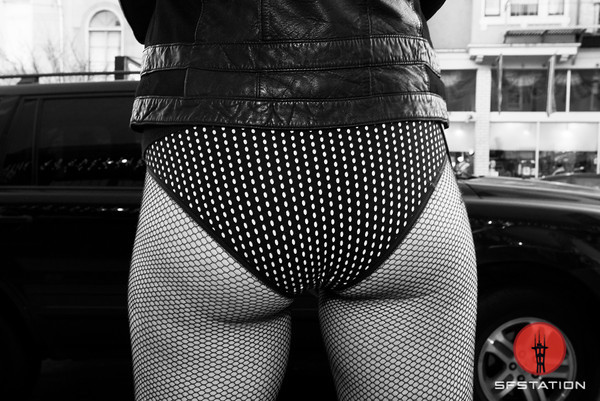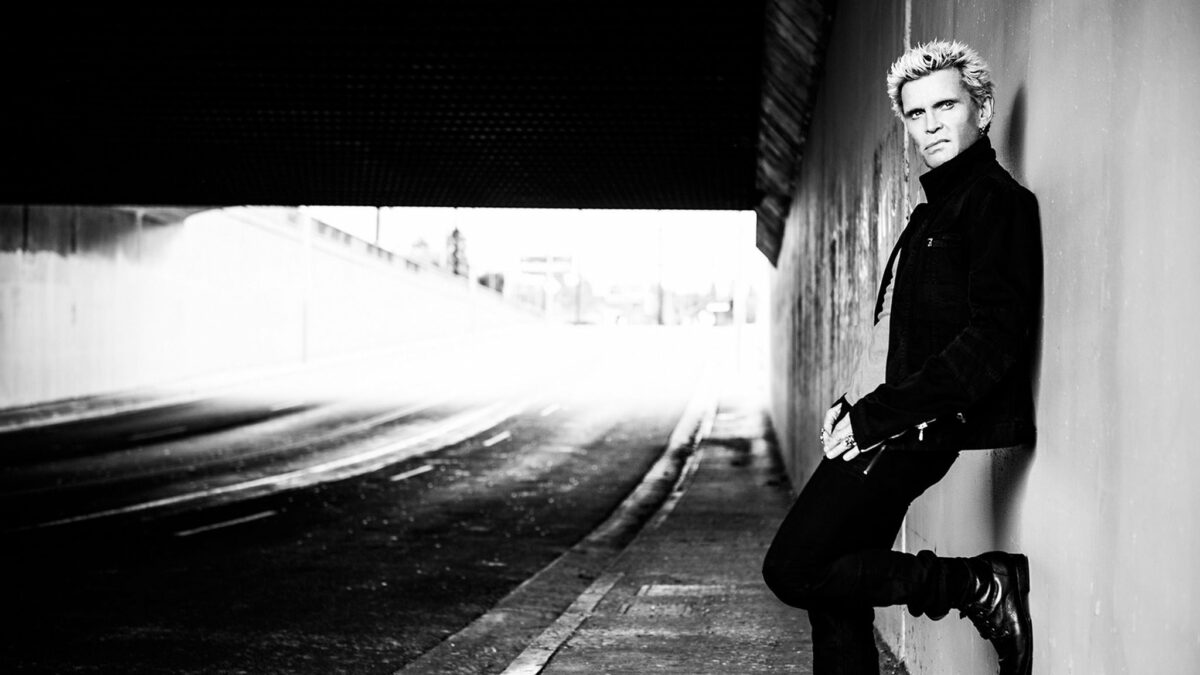Movie Review: Pariah
An assured, if flawed, feature-length debut by writer-director Dee Ress.
If there’s any risk with coming-of-age stories, it’s that they’ve become too common. They offer moviegoers few, if any surprises. Writer-director Dee Rees’ feature-length debut, Pariah, offers a coming-of-age story that’s both particular (e.g., setting, characters, acting, production values), and universal, because Rees’ title character, a 17-year-old African American teenager, and her struggles for acceptance and understanding from her family, is never less than relatable.
An unsurprising Sundance Film Festival favorite last January, Pariah shares multiple story and character parallels with Lee Daniels’ Precious, but thankfully opts out of Precious’ melodramatic emotional excesses, instead opting for dramatic and emotional realism.
When we first meet Alike (Adepero Oduye), the 17-year-old “pariah” of the title, she’s already accepted her sexual orientation: she’s a lesbian. Her best friend (and out lesbian), Laura (Pernell Walker), encourages Alike (pronounced Ah-lee-kay) to overcome her natural reticence and introspection and pursue her first real romantic relationship with another woman. Alike, however, prefers to pour her longings and desires into her writing, specifically her poetry.
Alike’s parents, Arthur (Charles Parnell) Audrey (Kim Wayans), refuse to accept, let alone consider that Alike may be a lesbian. Audrey dismisses Alike’s tendency to favor masculine clothing as a “tomboy phase,” buying Alike a dress she knows Alike will dislike. Alike’s younger sister, Sharonda (Sahra Mellesse), probably suspects Alike’s gender orientation, but, like her parents, sidesteps mentioning or discussing it with her older sister.
Troubled by Alike’s friendship with Laura, Audrey pushes Alike to befriend Bina (Aasha Davis), the daughter of a work colleague. Alike grudgingly acquiesces to her mother’s wishes, but finds herself bonding with Bina over their love of music, specifically underground hip-hop and indie rock. True to her protagonist’s musical inclinations, Rees fills Pariah with a plethora or lesser known East Coast rappers and rockers.
Thematically, Pariah may be a “message movie” about tolerance and acceptance, but message movies often get bogged down in superficial dialogue, shallow characters, and schematic storytelling. Pariah rises above its relatively simple, straightforward, albeit still important, theme due to Rees’ deft writing and directing with an able assist from Rees’ cinematographer, Bradford Young and uniformly strong performances from her cast.
Pernell Walker shines in what could have been a caricatured role (i.e. the butch lesbian best friend), as does Aasha Davis as Bina, the seemingly unlikely object of Alike’s desires, but it’s really Kim Wayans (sister to the Wayans brothers) who surprises as Alike’s anguished, deep-in-denial mother. Wayans gives Audrey depth and roundedness.
Despite its strengths, Pariah isn’t without flaws typical of a first-time filmmaker. Rees periodically takes the narrative path most traveled, spelling out ideas and themes in over-obvious dialogue and selecting predictable or didactic plot turns. Worse, she fails to make a convincing case for Alike as a talented, if still developing, poet. The excerpts of Alike’s poems Rees shares with the audience lack originality and inventiveness. Good thing then that Alike has a compassionate, supportive AP English instructor, Mrs. Alvarado (Zabryna Guevara), and the prospect of a fresh start and an idyllic writer’s life on the West Coast.
Showtimes and Tickets





